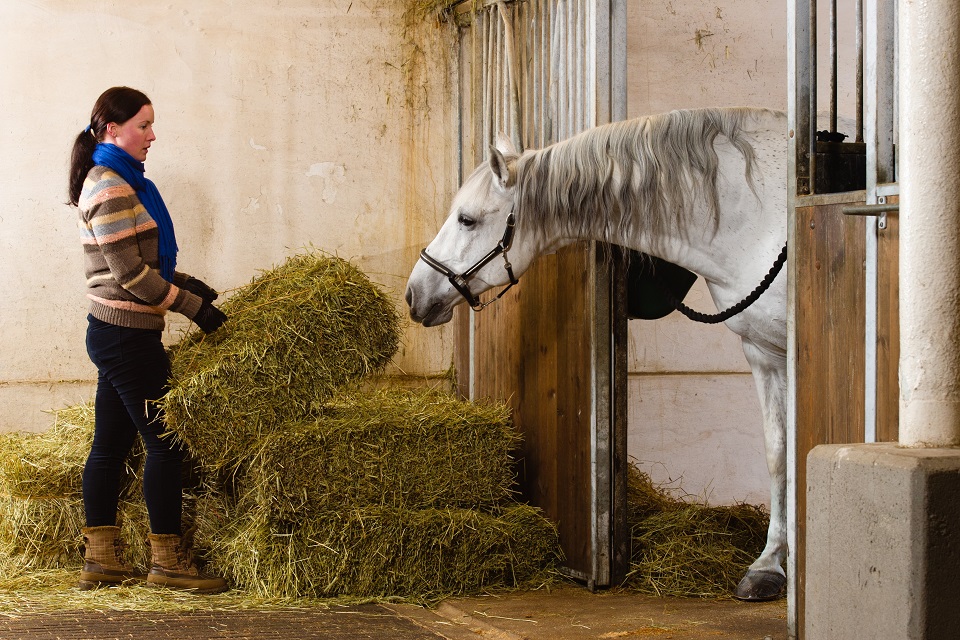When you are responsible for the care of horses, there is always a job that needs your attention. Those barn chores don’t have to seem so much like, well, chores, though. These six tips and tools will help you breeze through your daily to-do list so you have some time and energy left to enjoy your animals.
Table of Contents
1. Collapsible Hoses
Coiling up cumbersome hoses can be exhausting — not to mention they are a major trip hazard if you leave them lying around the barn. One great way to work around this problem is to invest in high-quality collapsible hoses. Look for models specifically designed to handle the rough conditions in a barn environment. They may be slightly more expensive up front, but you won’t need to replace them every couple of months.
2. Comfortable Boots
Your go-to pair of barn boots needs to be more than just durable; they also must be comfortable. After all, chances are pretty good that you’re not looking forward to nursing sore, swollen and blistered feet at the end of each day.
3. Equipment Caddies
Hauling heavy equipment and tack around the barn might be a great way o build muscle mass, but there are better ways to do that. Streamline the process of getting things where they need to go by using specially designed caddies. A muck bucket cart and mobile pole caddy can go a long way to reducing your strain on some of the most common heavy items you’ll need to move every day.
4. Pre-Measured Supplements
For older horses or those with unique nutritional requirements, simply measuring out daily medication and vitamin doses can take a substantial amount of time. Pre-measured supplement packs are a great way to make this process more manageable. Plus, they reduce the chances you will make a mistake or miss a daily dose.
5. Wiping Down Water Buckets
Sure, wiping water buckets out every day might seem like it is adding work to your normal routine; however, a quick wipe each day will help prevent algae buildup, which means less frequent deep cleaning of water buckets.
6. A Run-In Stall
It’s a simple fact that animals confined to indoor spaces will need more care. If conditions allow, provide a run-in shelter for animals so they can come and go freely. This will reduce bedding changes and, depending on pasture conditions, the number of supplemental feedings required each day.
Keeping up with your barn chores doesn’t have to be a full-time job. Use strategies to make tasks more manageable and efficient so you have time left over to enjoy your horse.



